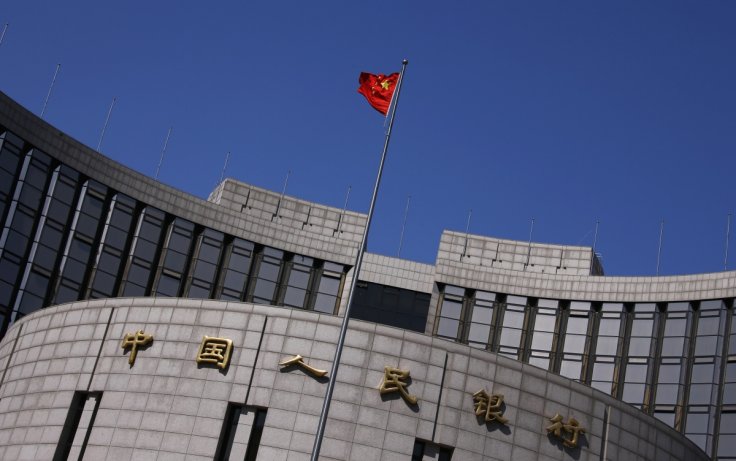China's central bank governor Yi Gang said in a signed article published on Sunday that Beijing should maintain "normal" monetary policy as long as possible since economic growth is still within a reasonable range and inflation is mild overall.
China will not resort to quantitative easing even as the monetary policies of the world's major economies are approaching zero interest rates, People's Bank of China Governor Yi Gang wrote in an article published by the leading Communist Party theoretical journal Qiushi.
"We should not let the money held by the Chinese people become worthless... Maintaining positive interest rates and upward-inclined yield curve is generally conducive to the economic entities, and in line with the Chinese people's saving culture, thus beneficial to the sustainable development of the economy," said Yi.

He reiterated the central bank will continue to implement prudent monetary policy, conduct counter-cyclical adjustments, improve monetary policy transmission and keep liquidity reasonably ample.
China's economic growth slowed to near 30-year lows in the third quarter and industrial profits continued to shrink, and speculation is mounting that Beijing needs to roll out stimulus more quickly and more aggressively, even if it risks adding to a pile of debt.
The exchange rate of China's yuan is decided by supply and demand, we will not play the yuan as a tool and will not resort to competitive devaluation of the yuan, said Yi.
China's central bank will continue to promote reform of the yuan, and maintain its flexibility and keep it basically stable on a reasonably balanced level, the governor said, adding that Beijing will conduct necessary macro-prudential management in the foreign exchange market when needed.
Yi also said China will strengthen the supervision of property financing markets.








